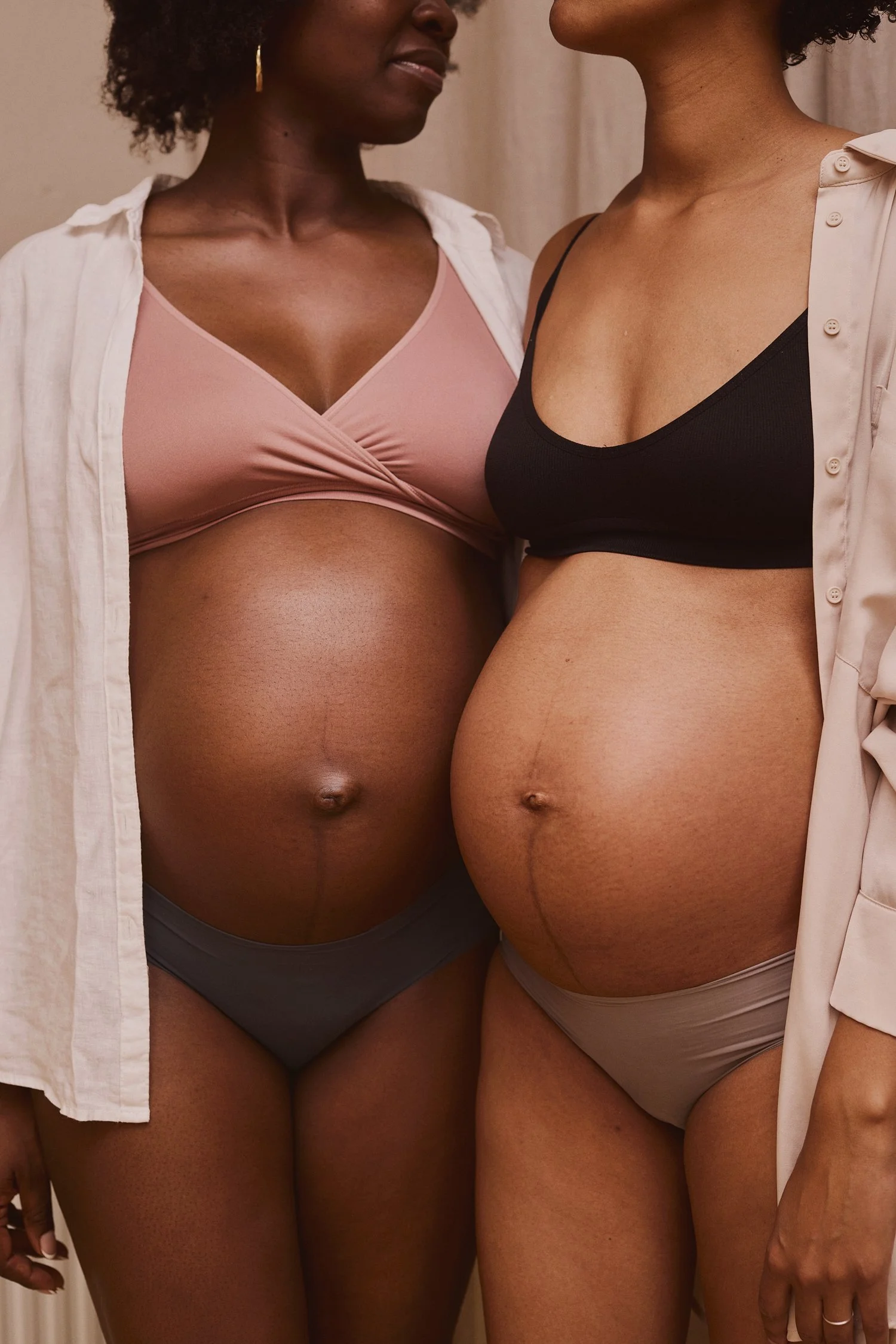Representations matters
“I am looking for a black Doula.” Is something I have been told several times over the last couple of years. As the stats from countries like the UK and the USA show us that being Black and giving birth comes with an array of risks that doesn't affect their non-Black counterparts. In the UK theres a 3-4 fold risk of dying in connections to pregnancy if you are black. These numbers are jarring. We don't have the same stats in Sweden, luckily. Our maternal death rate is low, but we are also a very small population. We however can see in our stats that being born in Sub-Saharan Africa poses increased risks for negative perinatal outcomes. I will write more in depth about this another time. But the reason I mention this is because what do these people have in common? Being Black.
So when someone asks me for a Black Doula I get it. I get it because the risks we see in other countries cause worry, but I also get it because if you live in Sweden (a majority white country) you encounter racism, being stereotyped, microagressions, etc. all the time if you are Black. And for most of us giving birth is a situation when we feel very vulnerable and in need of a safe space, worrying about being subject to racism should not be included in this. So when a person says they want a Black Doula, I get it.
I have been doing therapy weekly for over a year in total. And when I chose my therapist this time I knew it needed to be a Black woman. I needed to feel safe enough to feel fully vulnerable to work through the things I need. I don't want to have to explain racism, the worries of raising Black children, Black love, cultural references, etc. I wanted someone with a similar baseline to me. Someone with an insider perspective, not an outsider perspective. It has made me feel more seen, more respected, more safe than I ever have in therapy before. And I have really needed that during this phase of my life.
So when someone says they want a Black Doula, I get it.
When someone says
they want a Black Doula,
I get it.
Over the years a few people have reached out to me after I cared for them in the hospital. The majority have been Black or BIPOC people. One person told me “When I saw it was you who came into the room I knew I didn't have to worry about racism.” Simple. But it's not. For non-white people this is a real thing, an everyday thing. When I step into a room I know right away how many people of color there are. I can quickly feel if I have a patient that feels distrust for me because of my skin tone. When you have lived your life as a minority you learn to pick up reactions almost subliminally. You learn how to maneuver spaces that you don't feel completely safe in, you learn to adapt quickly, what to say to prove your competence, what to do to claim space. You also learn to pick up on racism without being called the n-word. Most racism in Sweden is not in your face, being called the n-word, being told to go back to your country. Most racism is stares, comments, a change in body language. It's constantly being asked where you are from though you were born here. It's constantly having your hair touched or being spoken to in English by people that obviously speak Swedish. It's a need to constantly be prepared, alert, aware. It's a feeling of not being able to relax most of the time.
So when you say you want a Black Doula I get it.
I wish there wasn't a need to this request, but I see constantly that there is.
So when you say you want a Black Doula, I am here.
